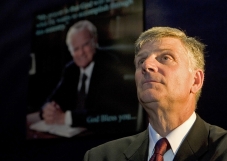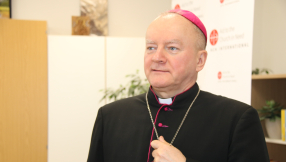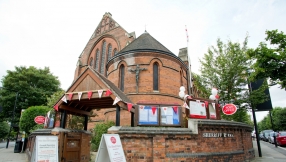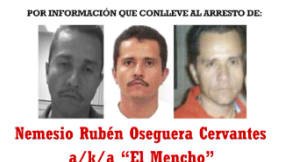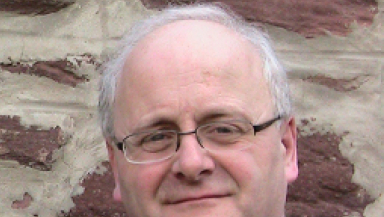
An academic friend greeted the news of John Webster's death with a blog post beginning "I'll have to get out of the habit of referring to Webster as one of the greatest living theologians." Within academic theology, few would question that assessment; beyond the universities and colleges, few have ever heard of him.
In part, this is down to John's genuine humility. He was made a canon of Christchurch Cathedral, Oxford, and served on various Church of England committees when asked, but he never went looking for ecclesial honours. Indeed, he never went looking for academic honours either, although they came regularly.
More, however, John's vocation was academic. He was committed to hard intellectual work, and he made no apology for it. His writing style was uncompromising, and far from accessible even to some specialists. The last time I heard him give a presentation, a few weeks back, one of my PhD students passed me a note asking if I could explain what the title meant! (It was in Latin, and John did not bother to translate it.)
Why should any reader of Christian Today be interested in his life, then?
There is an idea around in the churches that studying theology is the surest way to destroy faith. Fifty years ago, that was uncomfortably close to being true. English-language academic theology too often began with an explanation of why traditional beliefs (the Creed, that sort of thing) could not possibly be true, and then constructed some pale imitation out of a passing intellectual fad. John was a leading member of a group of theologians who changed all that.
If his writing was uncompromisingly intellectual, it was also uncompromisingly Christian. I just picked a book by John of the shelf, and opened it at random. The page begins: "Christian theology is biblical reasoning. It is an activity of the created intellect, judged, reconciled, redeemed, and sanctified through the works of the Son and the Spirit."
The authority of Scripture, God's act of creation, our need for atonement and sanctification—all assumed in two sentences. And then 30 pages of dense argument about how we should think theologically, ending with the judgement that to do theology wrongly "generates irony and squabbling, and both of these are sicknesses of the soul."
An academic theologian couldn't have written like that and been taken seriously when John started his career; that we now can—that most of our best theologians now do—is down to a few genuinely great figures like John.
This matters for the church. The task of the church is to see all things transformed and renewed through the preaching of the gospel. Academic theology is one of the things that stands in repeated need of that transformation and renewal.
Transformed and renewed, academic theology is a powerful tool for the renewal of other things. It gives the church confidence in its own proclamation, language to name and redescribe reality, and a basis for its work. John Webster's work matters because it was so uncompromisingly intellectual that it could not be dismissed.
Steve Holmes is Senior Lecturer in Theology at The University of St Andrews. Follow him on Twitter @SteveRHolmes










